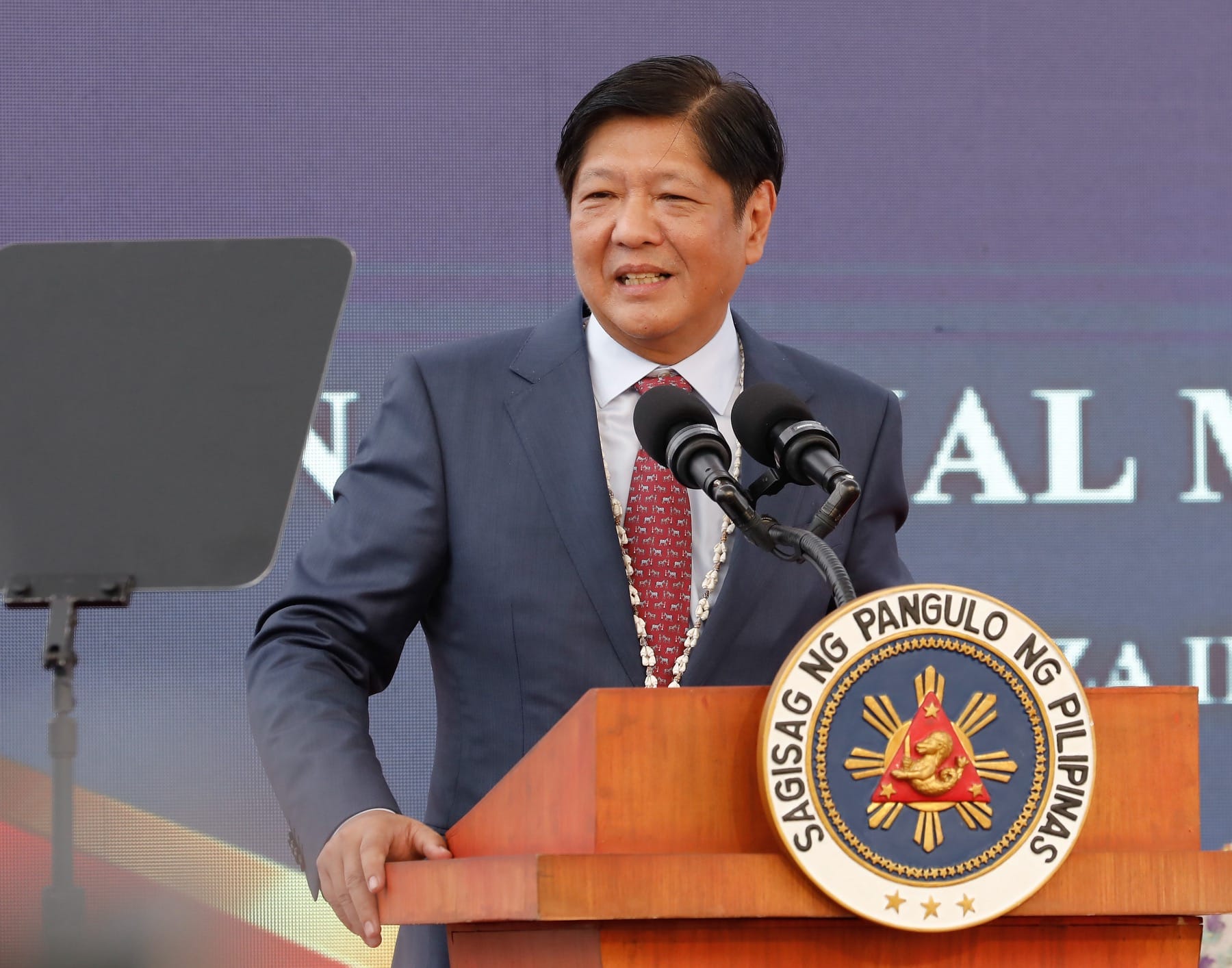News
PBBM urges biz leaders to support growth of MSMEs

Marcos said MSMEs make up the majority of the region’s businesses and sources of employment. (PNA photos by Rey Baniquet)
MANILA – President Ferdinand R. Marcos Jr. has cited the need to support the growth of micro, small and medium enterprises (MSMEs) in the Asia-Pacific region and urged business leaders to exert efforts to foster the sector’s inclusive development.
During the opening ceremony of the Third APEC Business Advisory Council Meeting (ABAC 3) in Cebu City on Friday, Marcos underscored the MSME sector’s untapped economic potential.
“Thus, it behooves us to equip them with digital tools and skills to enable their participation in the digital economy,” he said.
Marcos said MSMEs make up the majority of the region’s businesses and sources of employment.
“It is in this light that I am heartened to receive the recommendation of ABAC to form a successor initiative to the Boracay Action Agenda to globalize MSMEs. With the ambitious agenda set by the US this year for their APEC hosting and the upcoming SME Ministerial Meeting, I am certain that actions will quickly follow our intentions,” he added.
Marcos recognized the leadership role of the business sector in setting up standards on responsible business conduct to prop up growth and development in the Asia-Pacific region.
However, he also emphasized the need for the business sector’s leadership in setting up standards for responsible business conduct that will encourage sustainable practices while balancing rapid growth.
“Opportunities abound for our people if APEC (Asia-Pacific Economic Cooperation) preserves its strength as an incubator of ideas, driven in large part by the significant contributions of ABAC and the dynamism of the business community in our region,” Marcos said.
The President also cited digitalization and innovation as key factors to providing an enabling environment for APEC’s regional economic integration; just, inclusive, and sustainable transition through workforce upskilling and provision of green jobs; and strengthening structural reforms and macroeconomic fundamentals by promoting positive economic shifts.
He said there are several opportunities from the imminent Industry 4.0 (Fourth Industrial Revolution) and clean economy transition that APEC members can seize.
Meanwhile, Marcos said his administration has set out roadmaps to ensure that it captures these opportunities while addressing the concomitant challenges.
“Establishing a dynamic and innovative ecosystem is one of the cross-cutting strategies in our transformation agenda,” he told the ABAC gathering.
“Amongst others, we have enacted and enforced e-Commerce, e-Governance, and innovation, and have also made legislative reforms to make our business environment more conducive to the next generation’s trade and investment, including Foreign Investments Act amendments and the now active in the Philippines, RCEP (Regional Comprehensive Economic Partnership).”
Last month, Marcos said the government certified as urgent the Public-Private Partnership Act.
In line with ABAC’s recommendations, he said that as APEC members engage with the business community, technical cooperation and capacity building play pivotal roles in ensuring that their economies are capacitated to implement agreements, hasten development, and ultimately find complementarities in their economies to not only strengthen regional value chains but also create new markets and opportunities, and foster equitable growth.
A recent study by McKinsey & Company reveals that the business sector contributes up to 72 percent of gross domestic product (GDP), and this is triple the value in 1960, with companies now accounting for 85 percent of technology investment and labor productivity growth.
Marcos said the business sector is not only a major contributor to the economy but also the most aggressive agent of change in the present society.





















